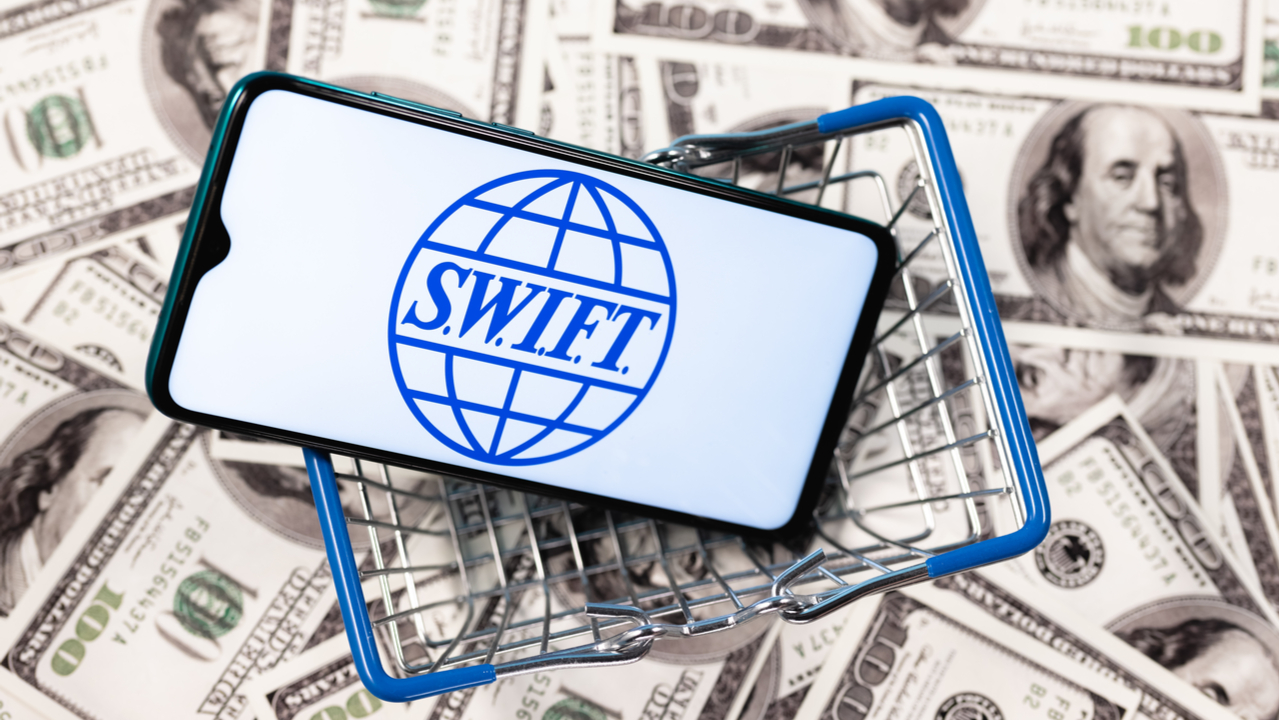
The commissioner said the potential of blockchain and cryptocurrency to change existing markets necessitates a new retail investor protection office similar to that of the SEC.
Commodity Futures Trading Commissioner (CFTC) Caroline Pham has proposed the creation of an “Office of the Retail Advocate” aimed at expanding the CFTC's consumer protection mandate.
Pham referred to the office as a “voice for the people” in a speech given at an event hosted by blockchain project Corda on Sept. 27, suggesting recent events in crypto make retail protection a more pressing issue, noting:
“The crypto crash, risk management failures, and substantial retail losses, gives urgency to the need to balance innovation with retail protection and appropriate regulation.”
Pham has modeled the proposed office on the Security and Exchange Commission's (SEC's) Office of the Investor Advocate, stating it’s a “tried-and-true way” to advance customer protection.
The SEC's office has four core functions according to Pham, which are to provide investors a say in policymaking, assist retail investors resolve problems with the SEC or self-regulatory organizations, support advisory committees, along with studying investor behavior and conducting research and economic analysis.
Pham highlighted the potential of digital assets and blockchains to change existing markets outlining “ten fundamentals for responsible digital asset markets,” noting:
“It might still be early, but there are promising use cases if we can achieve blockchain stability and scalability across layer 1, 2, or whatever’s next.”
These fundamentals include initially determining whether something is a security, mitigating systemic risks such as the cascading liquidations due to the collapse of Terra, protection of customers and the retail public, ensuring transparency, and addressing conflicts of interest.
The proposal marks the latest effort in a broader push from the CFTC to increase its authority over crypto markets and follows calls from the community and United States lawmakers seeking clarity on the regulation of crypto.
Related: CFTC Commissioner Kristin Johnson touts DCCPA bill in market risk advisory meeting
The CFTC has been under fire recently following its “regulation by enforcement” over the Ooki DAO case, with the community comparing it to the regulation by enforcement tactics seen in the SEC's handling of the ongoing Ripple case.
Pham said these views are hers and are not necessarily shared by the CFTC or other commissioners.



